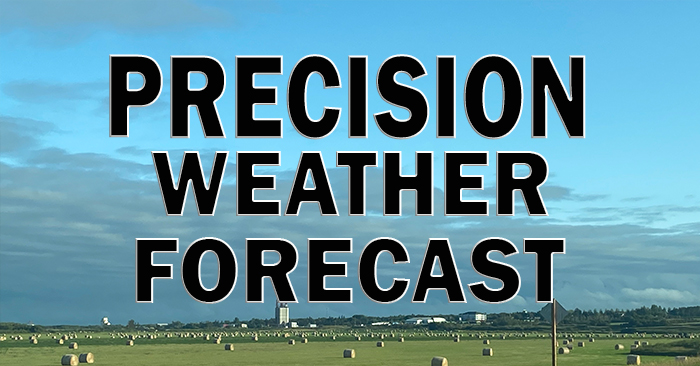The Canadian Food Inspection Agency detected a positive case of Bovine Tuberculosis in a cow originating from a herd in Saskatchewan.
On November 29th, the CFIA Ottawa Laboratory Fallowfield confirmed the positive case of Bovine TB from tissue collected from a six-year-old cow that was slaughtered at a federally-regulated abattoir in Alberta.
The Agency says its taking precautions by isolating the herd, testing the cows that were in contact with the infected animal, and likely eradication of the herd. The investigation is in its early stages and the CFIA says it can take up to 12 weeks to complete. They’re also working with the producer to manage the operational impact of the process, along with other producers, industry associations, and provincial and federal agricultural and health authorities throughout the investigation.
They have also begun lab testing to identify the strain of bacterium to determine if there are connections to previous cases. The CFIA says tracing results from a 2023 investigation of a bovine TB infected herd in Saskatchewan did not identify any connection to this herd.
Producers are eligible for compensation for any animals destroyed by the Agency as part of this investigation.
While all areas of Canada are considered free of Bovine TB, isolated cases in cattle may occur. The Agency says this disease has been subject to to a mandatory national eradication program since 1923.
Human cases of Bovine TB are very rare. The CFIA says, “exposure can occur through the passage of fluids from an infected animal to an open skin sore, extended close contact with an animal with active respiratory TB or consuming raw or unpasteurized animal products (such as unpasteurized milk) from an infected animal. Generally, bovine TB does not pose a threat to public health in Canada because of the extremely low prevalence of the disease, the abattoir surveillance and testing programs in place, and practices such as pasteurization of milk.”








